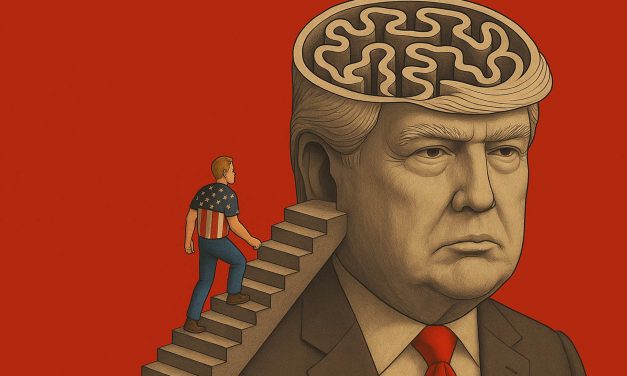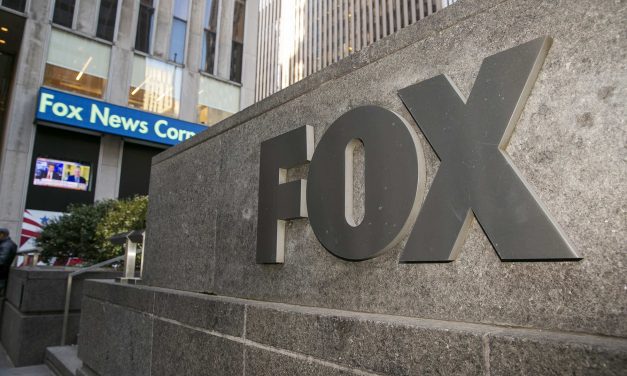George R.R. Martin admits he may never finish “The Winds of Winter” after making fans wait 13 years
For fans of George R.R. Martin’s “A Song of Ice and Fire,” the phrase “Winter is Coming” has transformed into an ironic mantra for an endless wait. After 13 years of anticipation for the sixth installment, “The Winds of Winter,” Martin has delivered an admission many fans dreaded: he does not know if he will ever finish the book. In a recent public interview, Martin finally acknowledged what critics and readers alike have long suspected. “Unfortunately, I am 13 years late [with book six],” Martin confessed. “Every time I say that, I think, ‘How could I be 13 years...
Read More














